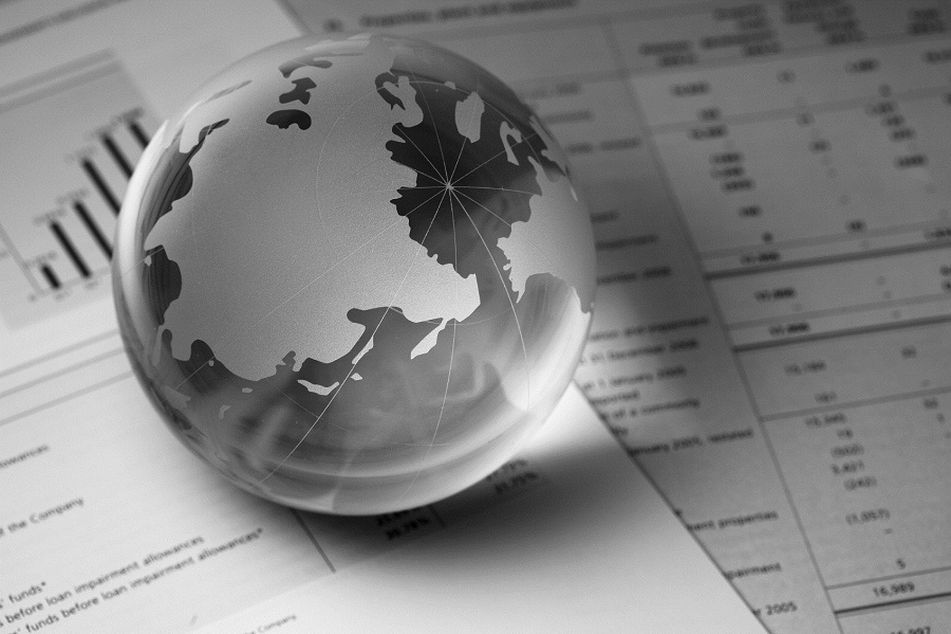The Federal Reserve’s focus on global economic strength radically alters the rate-hike odds

Change in focus away from jobs and inflation could mean increase is off the table until global economies recover.
With the Federal Reserve now letting the strength of the global economy guide the timing of its first interest-rate hike in nearly a decade, market watchers are vehemently rejecting any notion of such a move this year.
“This could be a 2016 story now, if that,” said Brad Friedlander, managing partner and head portfolio manager and Angel Oak Capital Advisors.
Like much of the financial community, Mr. Friedlander recognized the significance of the Fed’s statement on Thursday citing continued global economic weakness in justifying not raising interest rates at this time.
“They had a chance to raise rates and infuse some confidence back into the markets, but now they’ve just added another layer of uncertainty,” he said. “The Fed is showing an increased sensitivity to global markets, and we know things in China and Europe probably won’t change significantly in the next few months.”
In the central bank’s statement on Thursday, officials said “recent global economic and financial developments may restrain economic activity somewhat and are likely to put further downward pressure on inflation in the near term.”
BOXED INTO A CORNER
David Haraway, principal at Substantial Financial, said the surging strength of the U.S. dollar against a global backdrop of efforts to weaken local currencies, “boxed the Fed into a corner by our trading partners.
“You’ve noticed in the last two earnings seasons that the relative value of the dollar has cut into the profits of large multinational companies such as those in the S&P 500,” he said. “Goods sold by American companies internationally bear higher prices in foreign markets because they are produced with dollar-denominated inputs, and when they are sold and the profits are realized, they are less when converted back to dollars. Since about half of the S&P 500 companies’ profits are earned overseas, this fall in earnings could portend a recession here.”
With the Fed placing so much emphasis on how the global economy will influence the U.S. economy, as opposed to sticking to its dual mandate of focusing on employment and inflation, Mr. Haraway doesn’t expect a rate hike “until the global economy gets stronger.”
The Fed is scheduled to meet again this year in October and December, but there is not much expectation for a rate hike in October, based on what came out of this month’s meeting.
“I think December is more likely than October, but I still do not believe the Fed should raise rates until we’re on the other side of the next recession,” said Paul Schatz, president of Heritage Capital.
ABNORMAL RECOVERY
“This is not a normal recovery from a recession because it’s a financial crisis recession and it takes two recessions to restore GDP to normalcy,” he explained. “I believe we’re going to have a very mild recession in next couple of years and it will be mild because corporations have more than $3 trillion in cash on their balance sheets.”
Bob Rice, chief investment strategist at Tangent Capital, has gotten to the point of downplaying any near-term rate hike as little more than window dressing.
“It doesn’t matter because the same global economic head winds we face now are going to be present for a long time,” he said. “So while the Fed may put in a token 25 basis point rate hike in December, it cannot embark on a sustained series of rate hikes in the foreseeable future. And, by itself, a 25-point rate hike is meaningless.”
Learn more about reprints and licensing for this article.








